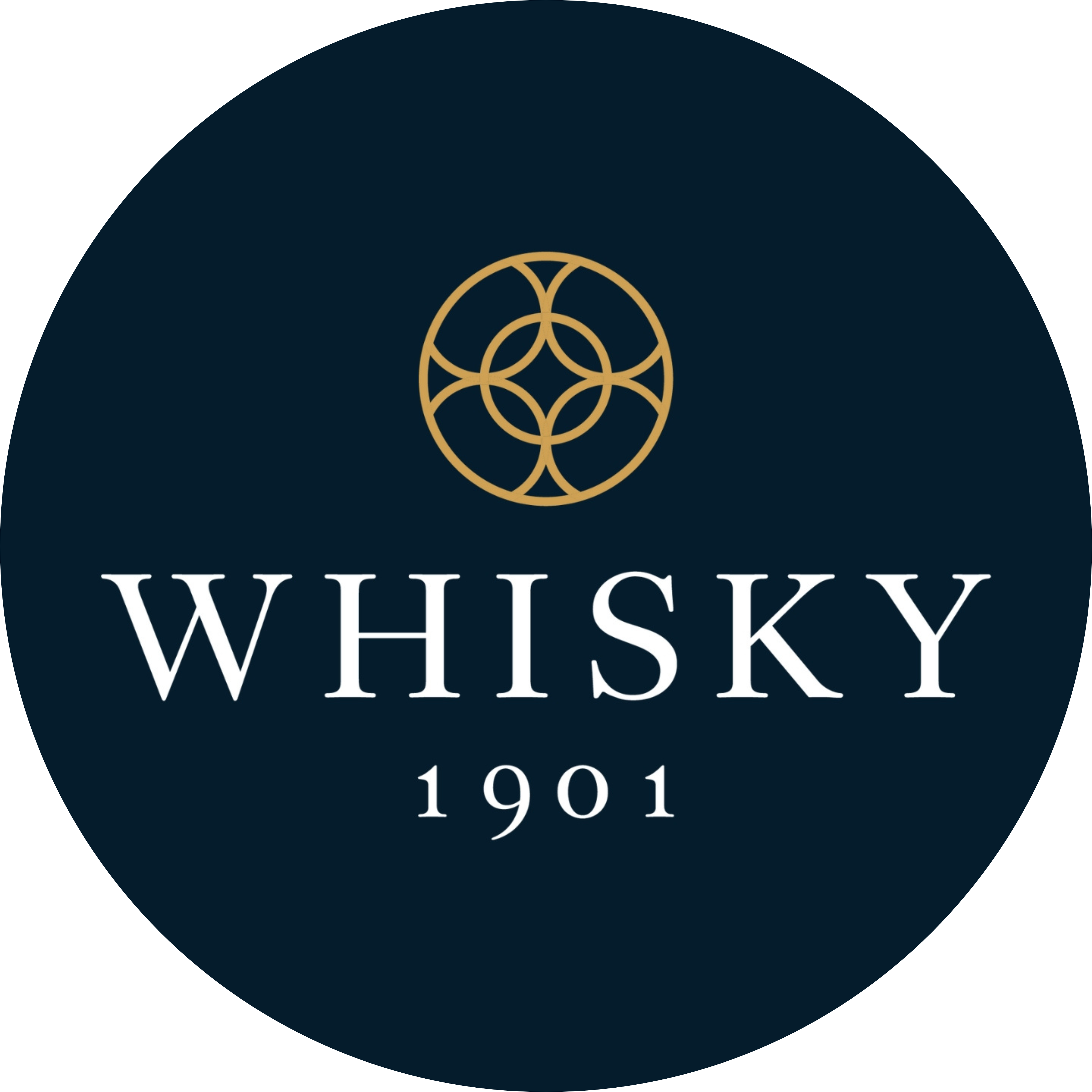1. Make sure your whisky partner is qualified
The rapid growth of the whisky cask investment sector over the past decade years has, unfortunately, led to an increase in the number of disreputable whisky ‘experts’ proffering their services with little or no expertise.
For this reason, it is essential that your whisky broker has the correct qualifications and accreditations before entrusting them to invest your money in a whisky cask on your behalf.
At Whisky 1901, all our brokers are all fully trained and qualified with all the relevant industry accreditations. Indeed, each of our experts is certified and trained by the Wine and Spirits Education Trust and the Edinburgh Whisky Academy – two of the world’s leading authorities on wine and spirits education.
2. Check if they have a WOWGR licence
Every whisky broker or company should have a Warehousekeepers and Owners of Warehoused Goods Regulations (WOWGR) licence – so ask to see it, and steer clear if they refuse to show it.
A WOWGR is given to a company or broker to buy and sell whisky casks, and can only be issued after a series of stringent checks carried out by the UK’s HMRC. This proves that a broker or company is legitimate and has been given the legal right to trade suspended goods.
Whisky 1901 and its warehousing partners all hold WOWGR licences, which means we take responsibility for the payment of any duty to HMRC, currently at £28.74 per litre of pure alcohol.
3. Before you invest, establish the ownership process
Before you commit to a whisky cask investment partner, be sure to establish legal proof of ownership of your intended cask.
This involves a full range of important paperwork and should include an invoice, a receipt, a certificate of title, a Unique Cask Number, and a Delivery Order. Also ask your whisky broker if they work with a reputable law firm.
At Whisky 1901, we collaborate with a legal firm in London who specialises in commercial law to protect and facilitate the transfer of ownership of every cask purchase made by Whisky 1901’s clients and suppliers. This guarantees peace of mind.
Additionally, like Whisky 1901, your broker should also supply you with regular regauge reports which provide up to date data regarding ABV and liquid level, giving a true value of your cask as well as a health check.
4. Be wary of experts who promise high returns
Generally speaking, whisky cask returns usually average up to 10%. However, some unscrupulous whisky ‘experts’ will promise much higher turns to win your business.
It is important to do your own research into the whisky cask investment market before you choose a partner. Also check the veracity of the data that you are researching as there are plenty of false stats circulating on social media and the web.
In short, any whisky broker who promises high returns in short time frames should be avoided.
Remember, whisky is a long-term investment. The volume of spirit will decrease over time (known as ‘the Angels’ share’), whereas ‘New Make’ spirit must be matured for three years – but for a product to be classed as ‘whisky’ it must retain a minimum strength of 40% ABV.
At Whisky 1901, we usually recommend five to 10 years to see a significant ROI. Remember, too, that like many other investments such as stocks or shares or gold, prices can go down as well as up and that there are no guarantees.
That said, our experts will always ensure that you understand both the risks and rewards of whisky cask investment. We also offer a 14-day ‘cooling off period’ should investors change their mind and request a full refund.
Additionally, we provide our clients with detailed terms and conditions of our services and fees upon request.
5. Research the distilleries your whisky partner works with
Another crucial factor is finding out which distilleries your whisky partner works with – and why they recommend them.
According to the Scotch Whisky Association, as of late 2023, there were 147 distilleries operating across Scotland – which means choosing the right cask as a beginner can be daunting. However, a true whisky expert will know the brand names that are worth investing in based on merit, history, and worldwide demand, and will share this knowledge with you.
At Whisky 1901, we advise working with the top 20-40 distilleries in Scotland owned by Diageo, Suntory Holdings, and Edrington Group. These established companies invest their money back into marketing and tourism which, in turn, increases their brand value and credibility.
6. Ask what happens when you exit the market
Last, but not least, it is important to understand the actual selling process before you invest in whisky casks.
There are various options when you wish to exit the market. For instance, you can sell on the open market or to our existing client base. A good whisky broker will help you source potential buyers from a reputable network of professional brokers and collectors to make sure your cask goes for a healthy price.
Two further options are to sell at auction – which has become a popular way of selling cask whisky as the process requires minimal effort – or to bottle and brand your whisky to sell to independent bottlers or the retail market, which is also growing in popularity.
Indeed, this is why Whisky 1901 has recently introduced a bottling service for investors looking to sell their product, or to collect or consume it themselves.
Above all, you should always choose a whisky broker who will not only advise you on buying cask whisky, but also help you realise your investment when the time is right.
For more information, download our investment guide below.




